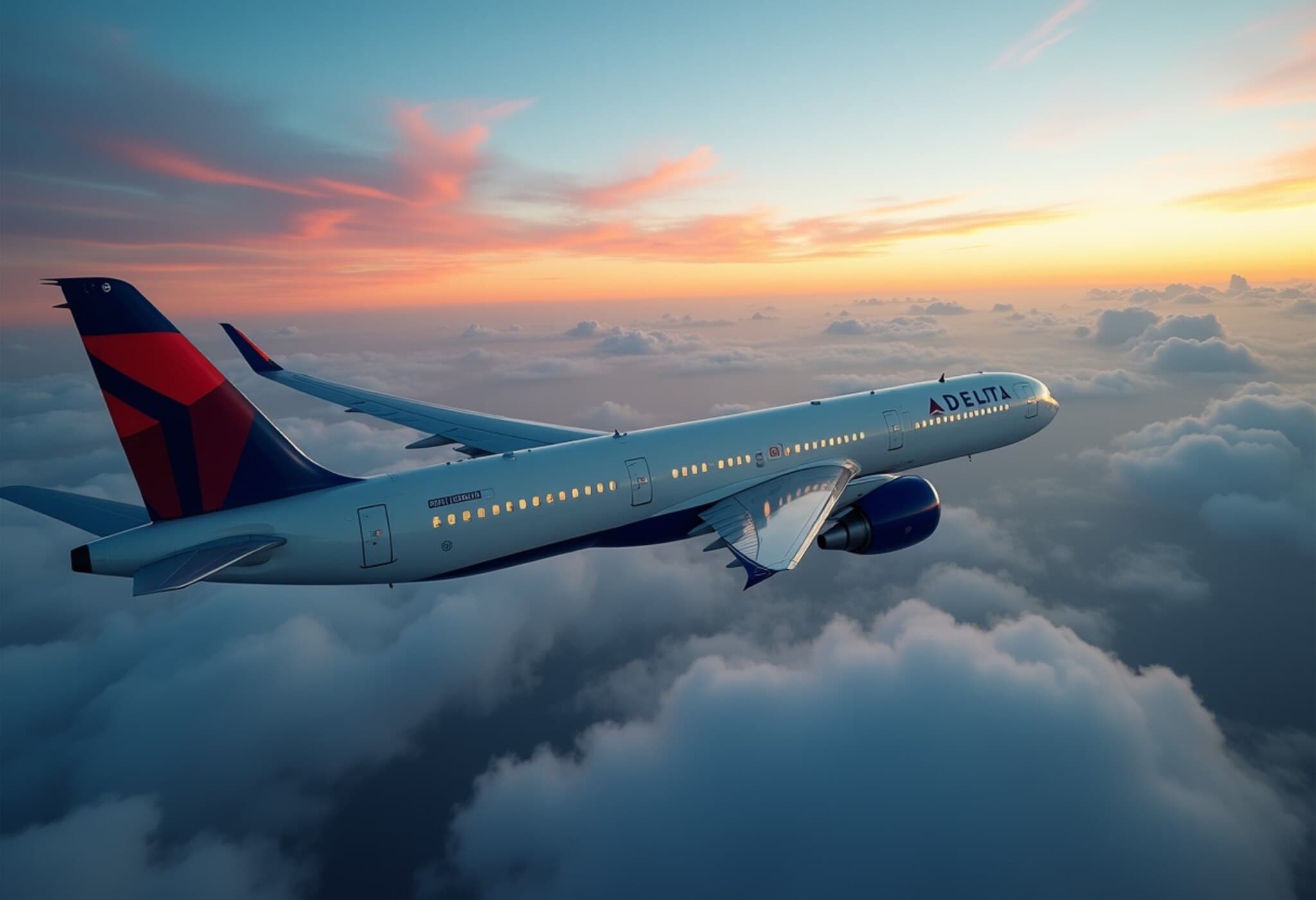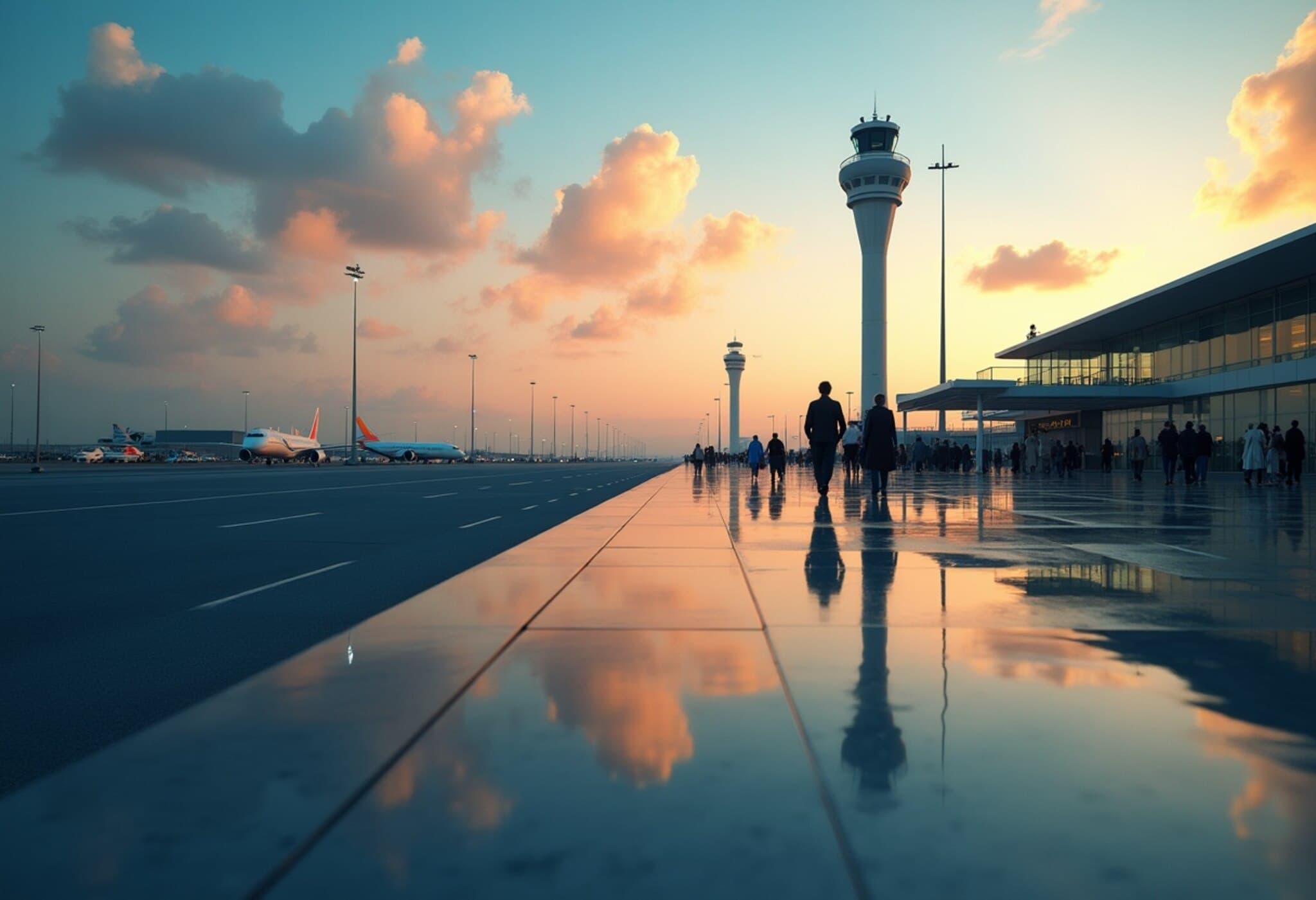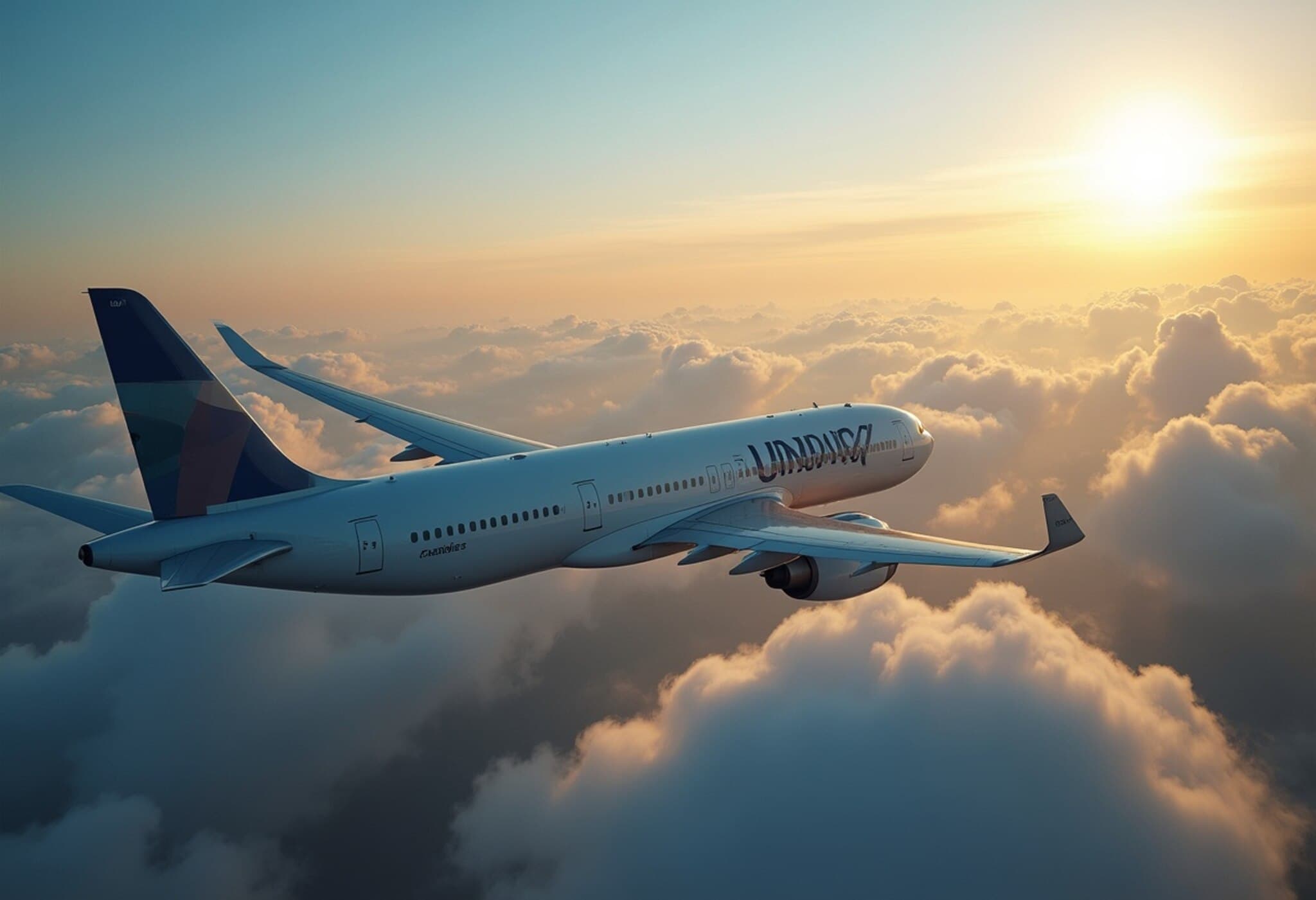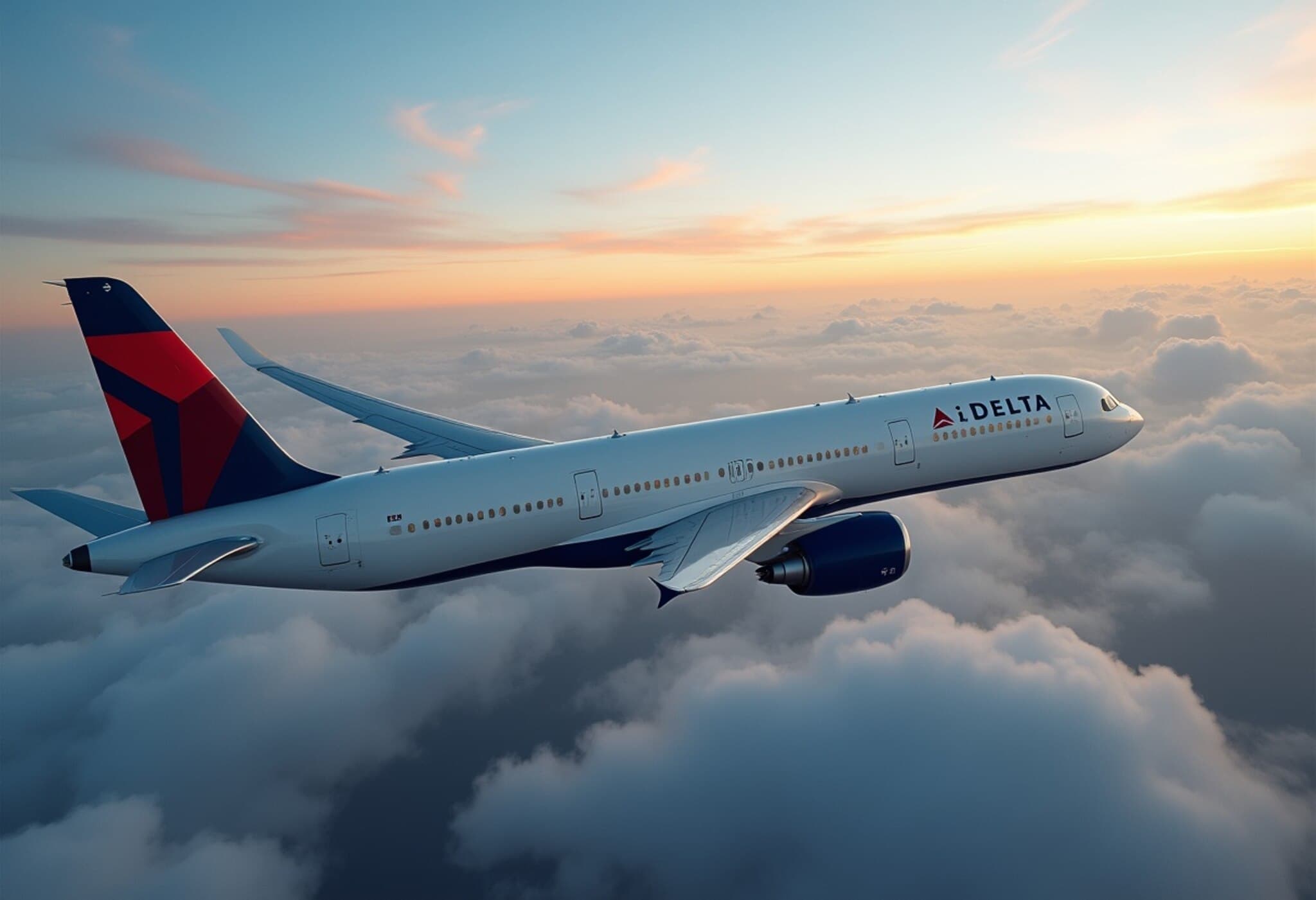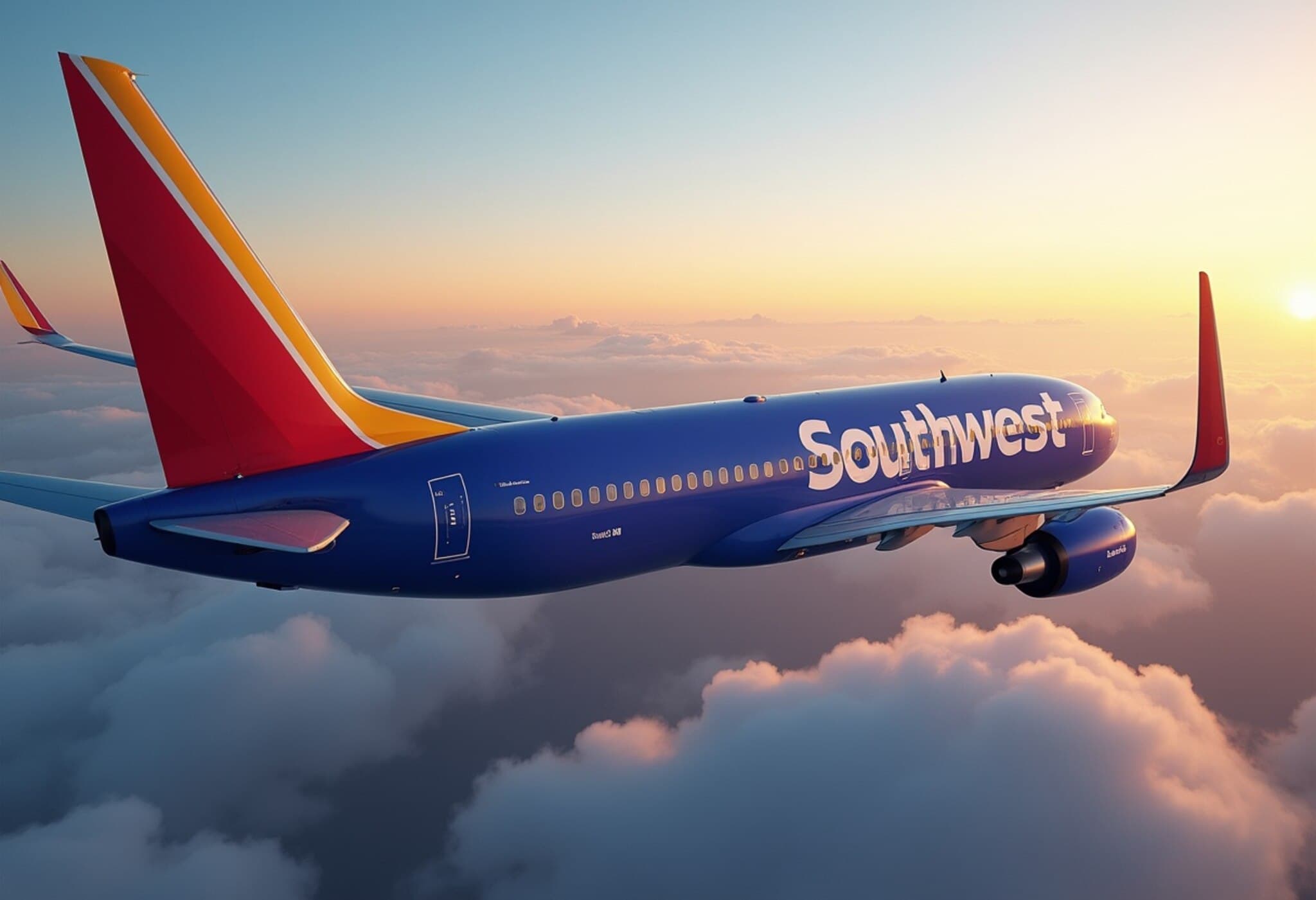How AI is Revolutionizing Airline Ticket Pricing
The days of predictable, affordable flight tickets may soon be behind us. A groundbreaking white paper from Israeli software startup Fetcherr introduces an AI-powered pricing model that could transform how airlines set fares. Unlike traditional methods—such as seasonal discounts or advance purchase deals—this system leverages artificial intelligence to dynamically tailor ticket prices based on an individual traveler’s perceived willingness to pay, potentially driving prices up to each person's personal “pain point.”
From Yield Management to Behavioral Pricing
Historically, airlines have employed yield management, adjusting prices based on demand forecasts and booking patterns. However, Fetcherr’s approach goes several steps further. Its generative AI doesn’t just react to market trends but actively simulates demand scenarios and manipulates fare structures in real time, creating a complex web of price classes far beyond human analytical capacity.
Uri Yerushalmi, Fetcherr’s Chief AI Officer and co-founder, described this phase bluntly as the “exploitation phase,” indicating the system’s capability to capitalize on consumer data to maximize revenue—potentially by determining exactly how much a given passenger is willing to pay for that flight.
Real-World Implementation and Industry Response
Delta Air Lines has taken tangible steps by integrating Fetcherr’s technology on 3% of its domestic routes, aiming for 20% by year-end. President Glen Hauenstein characterized the initiative as in “heavy testing,” noting promising results that could reshape pricing strategies industry-wide.
- Proponents argue AI pricing can optimize revenue and potentially balance demand efficiently.
- Critics warn that such personal pricing crosses ethical boundaries and threatens consumer fairness.
Bipartisan Political Backlash and Privacy Concerns
The reaction from U.S. lawmakers has been swift and nearly unanimous in opposition. Arizona Senator Ruben Gallego and others have raised concerns about data privacy and consumer exploitation. Republican Senator Josh Hawley condemned the system as “the worst thing” heard from the airline industry, while Democratic Congressman Greg Casar introduced legislation to ban “surveillance pricing”—a term describing AI’s profiling of customers to set individualized rates.
This bipartisan unease underscores fears about commodifying an essential service—not by its intrinsic value, but by each traveler’s capacity or desperation to pay. For many Americans, airfare pricing has been an opaque, if frustrating, ritual. AI’s potential to personalize prices based on intimate data points injects a new level of discomfort and mistrust.
Airlines’ Mixed Messaging: Transparency vs. Reality
Delta responded with assurances that AI tools serve only as decision-support systems overseen by human analysts, emphasizing there is no current use of individualized pricing targeted by personal data. However, earlier materials from Fetcherr hinted at a future where fare adjustments heavily factor in behavioral cues and booking contexts, raising questions about how far the industry intends to push personalization.
Meanwhile, other carriers like American Airlines and Southwest have distanced themselves, labeling such AI-driven pricing unethical or stating they do not employ it. Yet, as Deutsche Bank’s Michael Linenberg noted, the industry sees this “Holy Grail” of pricing—where every customer pays exactly what they can bear—as a lucrative, albeit controversial, goal.
Expert Insight: The Thin Line Between Optimization and Exploitation
From an economic perspective, AI-driven dynamic pricing promises efficiency gains—reducing wasted seats and better matching supply with demand. However, the ethical implications are profound. When prices become a reflection of personal desperation or urgency, essential services risk becoming monopolized by affordability gaps.
Consumer advocates argue for tighter regulations to protect privacy and ensure fairness. America's legal framework around data protection, notably laws like the California Consumer Privacy Act (CCPA) and emerging federal data privacy debates, could shape how personalized pricing evolves. Transparent disclosures and opt-out options may become critical safeguards.
Underreported Angle: The Psychological Impact on Travelers
Few narratives explore how personalized pricing affects traveler behavior. Travelers may experience increased anxiety, fearing they are being ‘gouged’ based on their search histories or personal circumstances. This could erode trust in airline brands and reduce willingness to book flights in advance, ironically destabilizing demand forecasts.
Looking Ahead: What This Means for Passengers and Policy
As AI algorithms refine their ability to probe consumers’ financial thresholds, the industry faces a crossroads. Will airlines embrace hyper-individualized fare models to maximize profits? Or will public pressure and legislative intervention carve limits on personalization?
- Travelers might need new strategies, such as clearing cookies or using VPNs, to avoid being profiled.
- Lawmakers must balance innovation with protecting consumers’ rights and preventing discriminatory pricing.
- Airlines might explore hybrid models blending AI insights with ethical constraints.
Editor’s Note
The rapid advancement of AI in airline pricing exposes a deeper tension between technological potential and consumer protection. While data-driven fare optimization could reshape travel accessibility, it also raises critical questions about fairness, privacy, and the commodification of human needs. As aviation embraces an AI-powered future, ongoing scrutiny and transparent dialogue will be indispensable to safeguard travelers from unintended harms and preserve trust in one of the world’s most vital industries.

